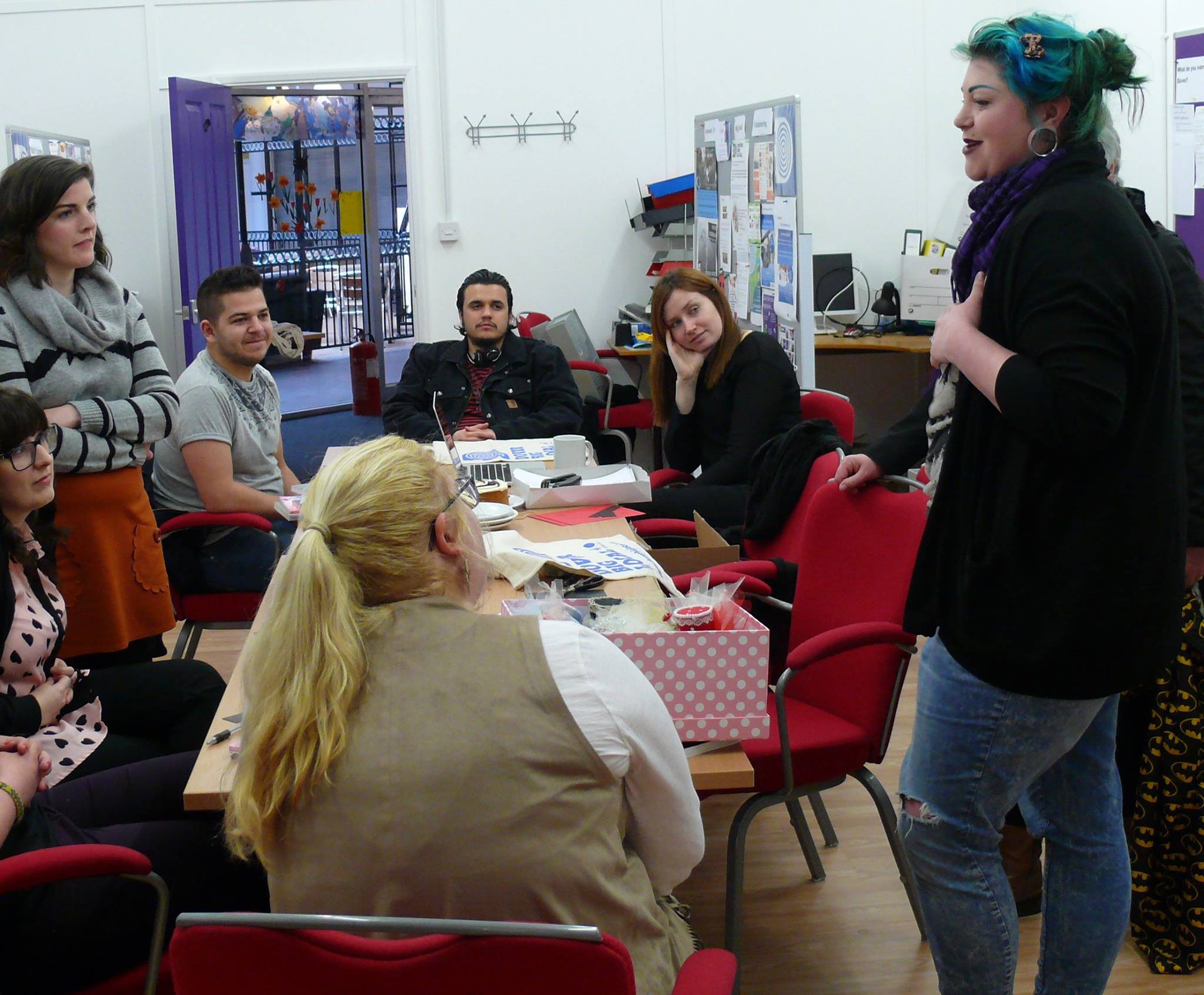- Home
- Clusters
- Projects
- About
- Contact Us



Future Foundry was commissioned by Kent County Council to hold a series of cultural conversations with Student Makers and young people in Kent to gather their opinions and ideas to inform the next chapter of the Kent Cultural Strategy (2015-20)
Reading Time: 2 mins
Recommended: Young People, Artists, Social Enterprises, Volunteers.
Impact: Business Enterprise in Kent and Young Persons
Special Thanks to: Student Makers Market, Kent County Council, Future Foundry Members
Photo Credit: Future Foundry
For latest updates and news check out the Future Foundry on social media at
Facebook: FutureFoundry
Instagram: @Future_Foundry
Twitter: @Future_Foundry
Future Foundry was commissioned by Kent County Council to hold a series of cultural conversations with Student Makers and young people in Kent to gather their opinions and ideas to inform the next chapter of the Kent Cultural Strategy (2015-20).
Suggested discussion points were:
What challenges do artists and creative businesses face? What support do they need?
How do we enable more young people to take control of their creative future?
What changes and/or developments should we prioritise over the next ten years, and ultimately, what will success look like?
A series of World Cafe events took place led by Student makers, with provocations and extended discussions – subjects in addition to those suggested included: dealing with loneliness and isolation; lack of workspace and managing without anywhere to work; learning how to work as a freelancer; and networking.
Headline priorities identified by the discussions:
More access to workshop space, facilities, training and education for young people, either in tailor made hubs or shared workspaces. If we want exciting art and events to be produced we need to give young people access to exciting and professional places to work.
Central website/list/promotion of young people who are running projects and initiatives across Kent, for them to be found, to find each other, for peer to peer learning.
Funding specifically targeted at young creative producers from all backgrounds and disciplines
Raised awareness of predicted increase in demand for freelance workers – within schools, uni’s, councils and organizations, plus training opportunities, support and resources.
Universities promote a wider range of possible career choices, more aware of current predictions in the creative industries, ensuring deep technical skills are valued and taught alongside theoretical.
More equality in all creative and cultural organizations, raised awareness of inequalities in pay and opportunities related to the backgrounds of their workforce.
What Can Future Foundry Do?
In response to this consultation Future Foundry and the Student Makers Market decided to prioritise a number of initiatives within our programmes.
To continue searching for a suitable space to develop a workshop space, well equipped and including studio’s, a batch production space and creative hub to work, plus a mobile unit to take our work out to towns across the region (update: we have found a space in Dover and are currently fundraising to develop our Creative Start Up Space)
Assist a group of Student Makers to create and manage a website that profiles a network of young creatives running projects/initiatives.
Organise more SMM Meet Ups (requested by the Student Makers) to keep the conversations going and build confidence, connections and DIY attitude (update: we’re hoping to do more of this once we move into our new space in May/June 2017)
Create online access to our training manuals regarding starting businesses and freelance skills for young people. Also create training/sharing opportunities for established freelancers
Create a blog with current info about freelancing, start up etc
Explore possibilities of sharing resources with Uni’s and schools
Connect with Uni’s to promote DIY career development and increased knowledge for working in the sector (Future Foundry has developed two programmes to raise awareness of freelancing and self employment in schools and colleges)
Champion the sector to widen opportunities aimed at young graduates to include those without qualifications
Champion wages for freelancers that reflect their skills